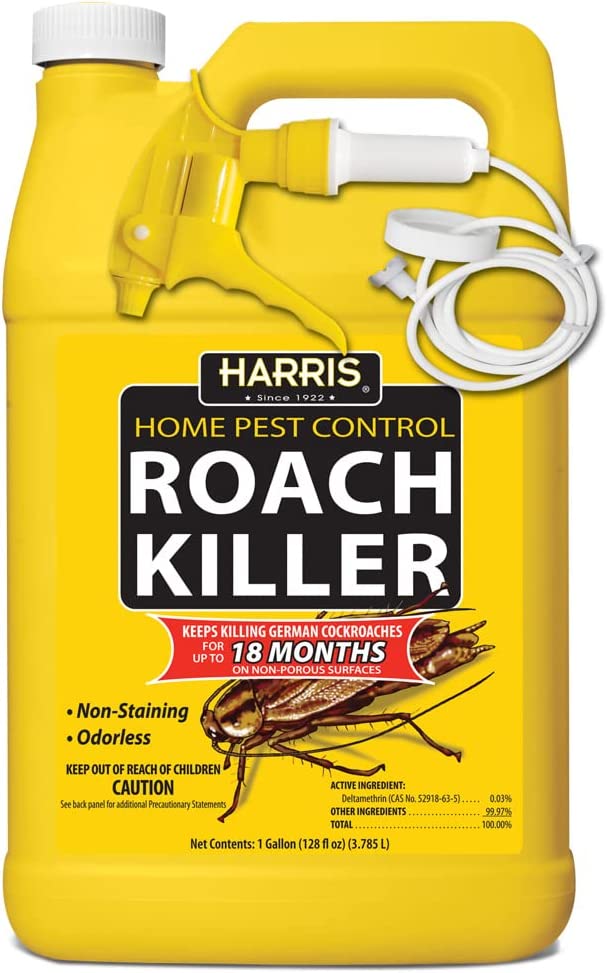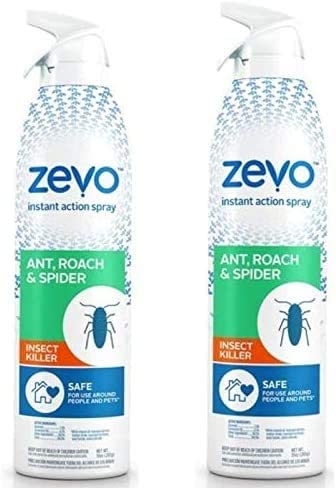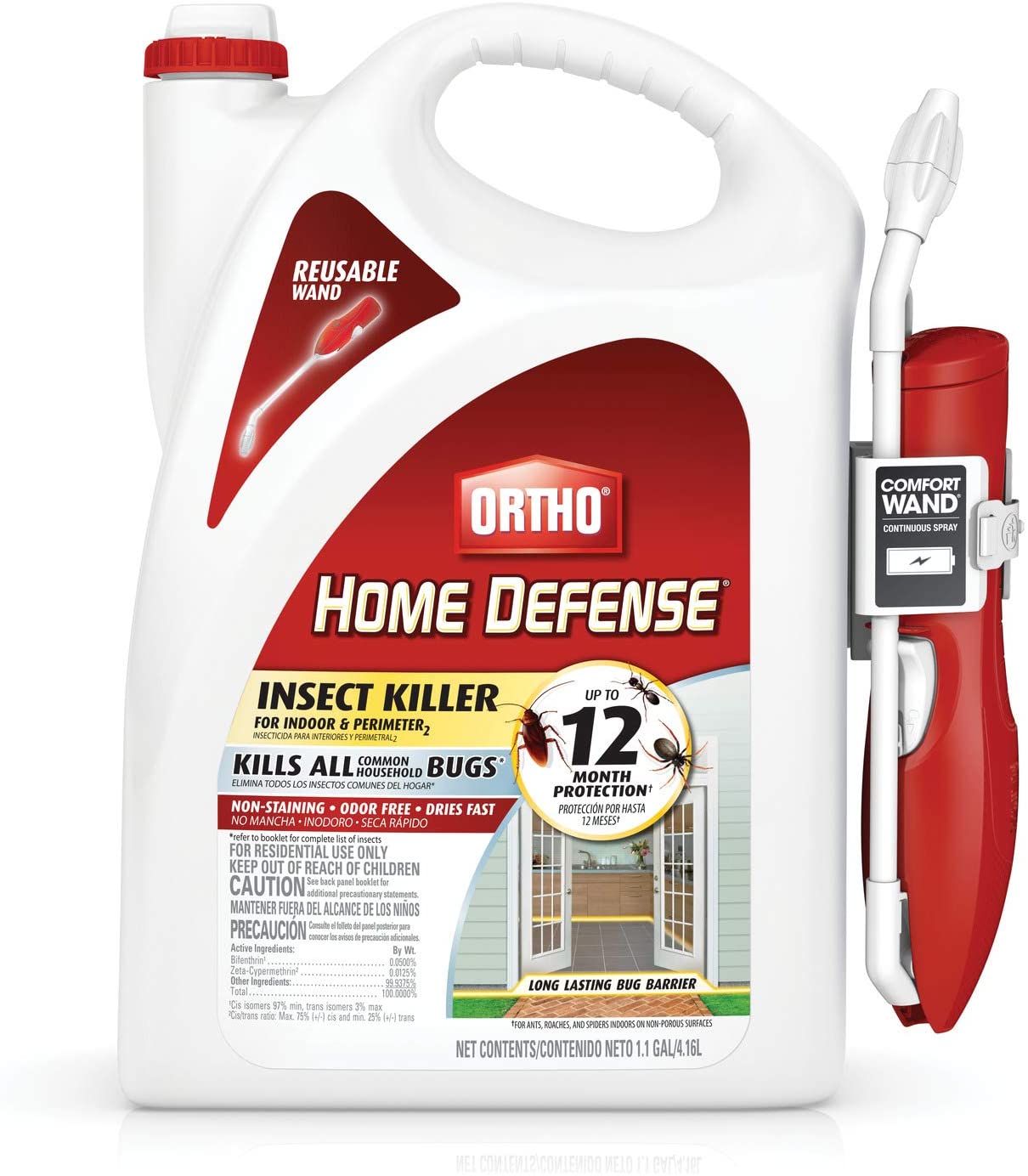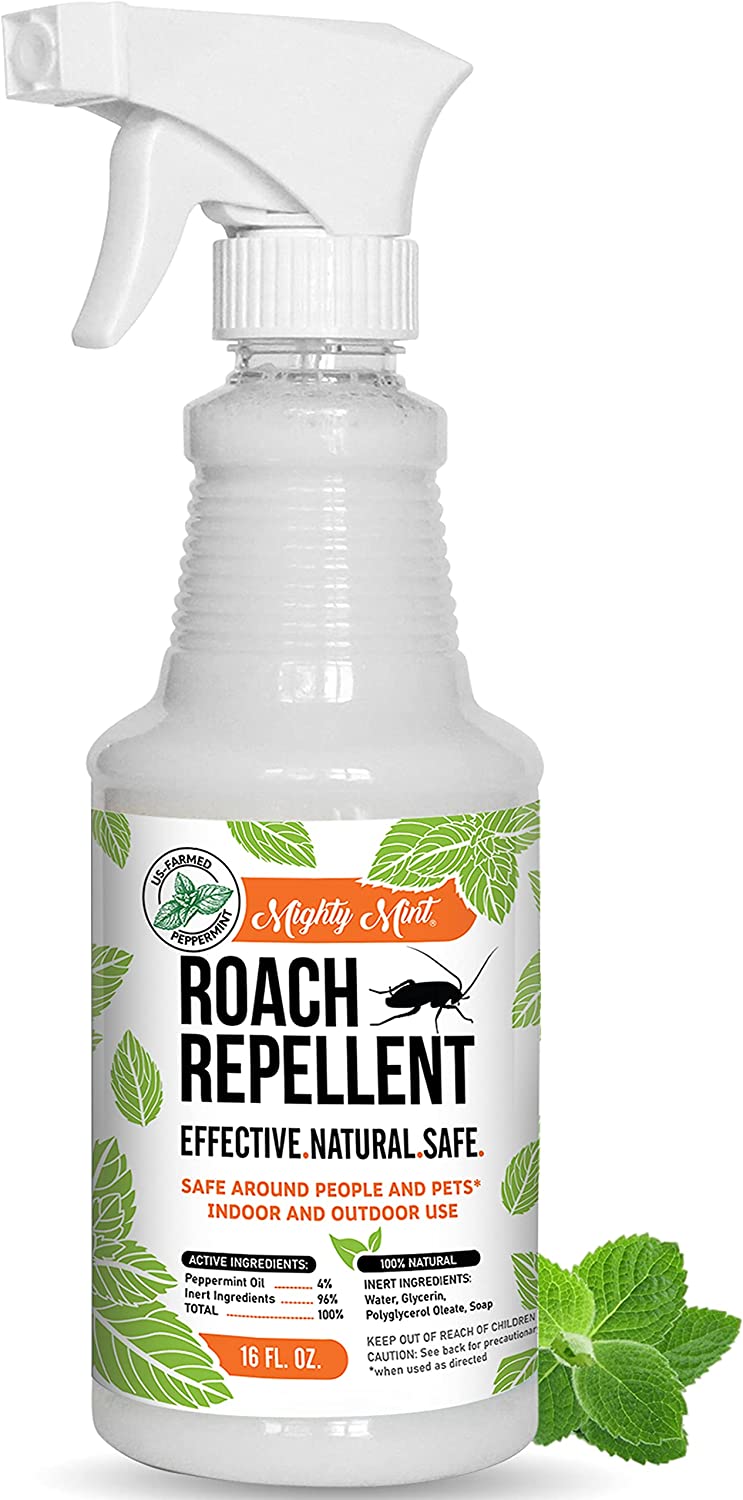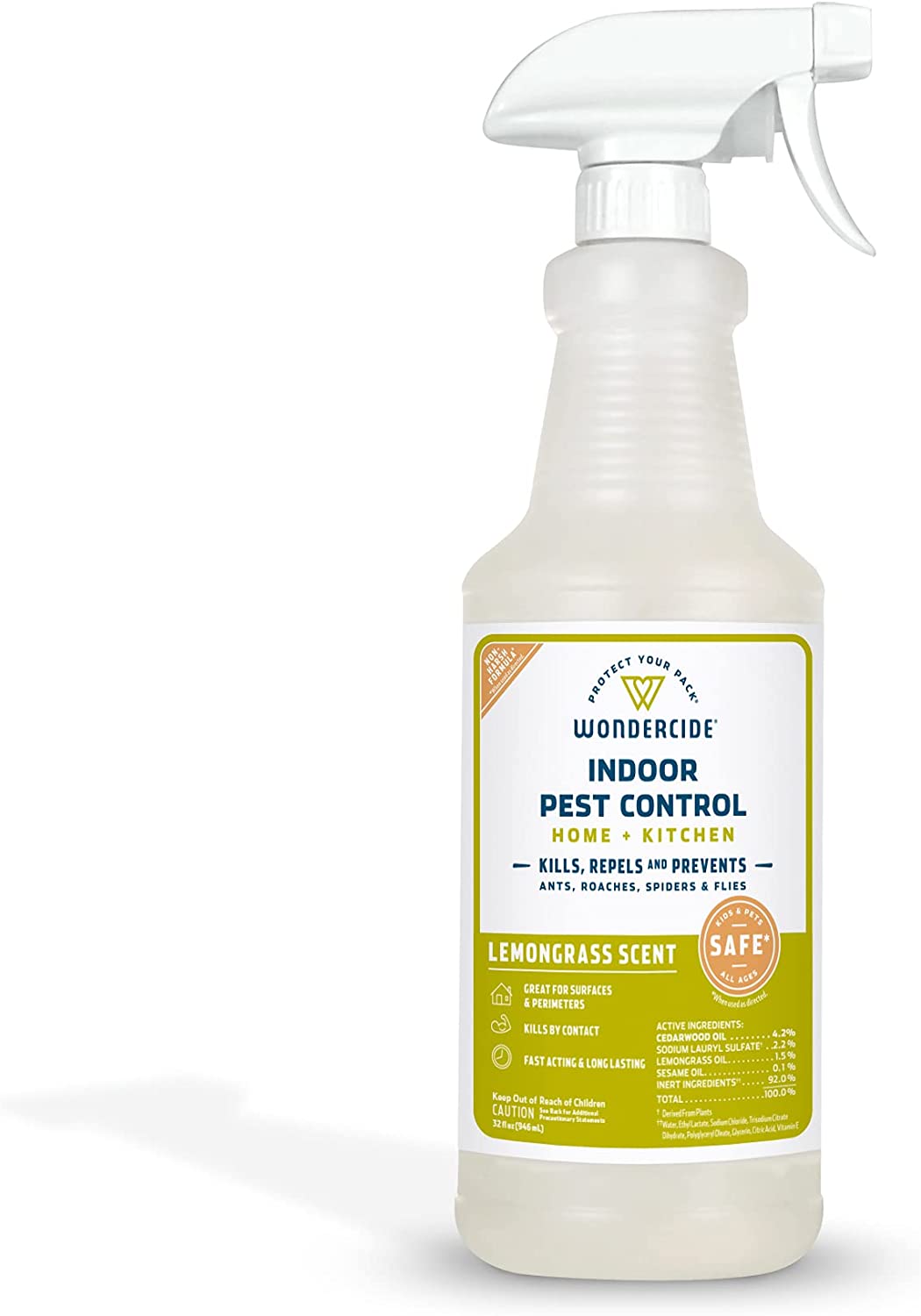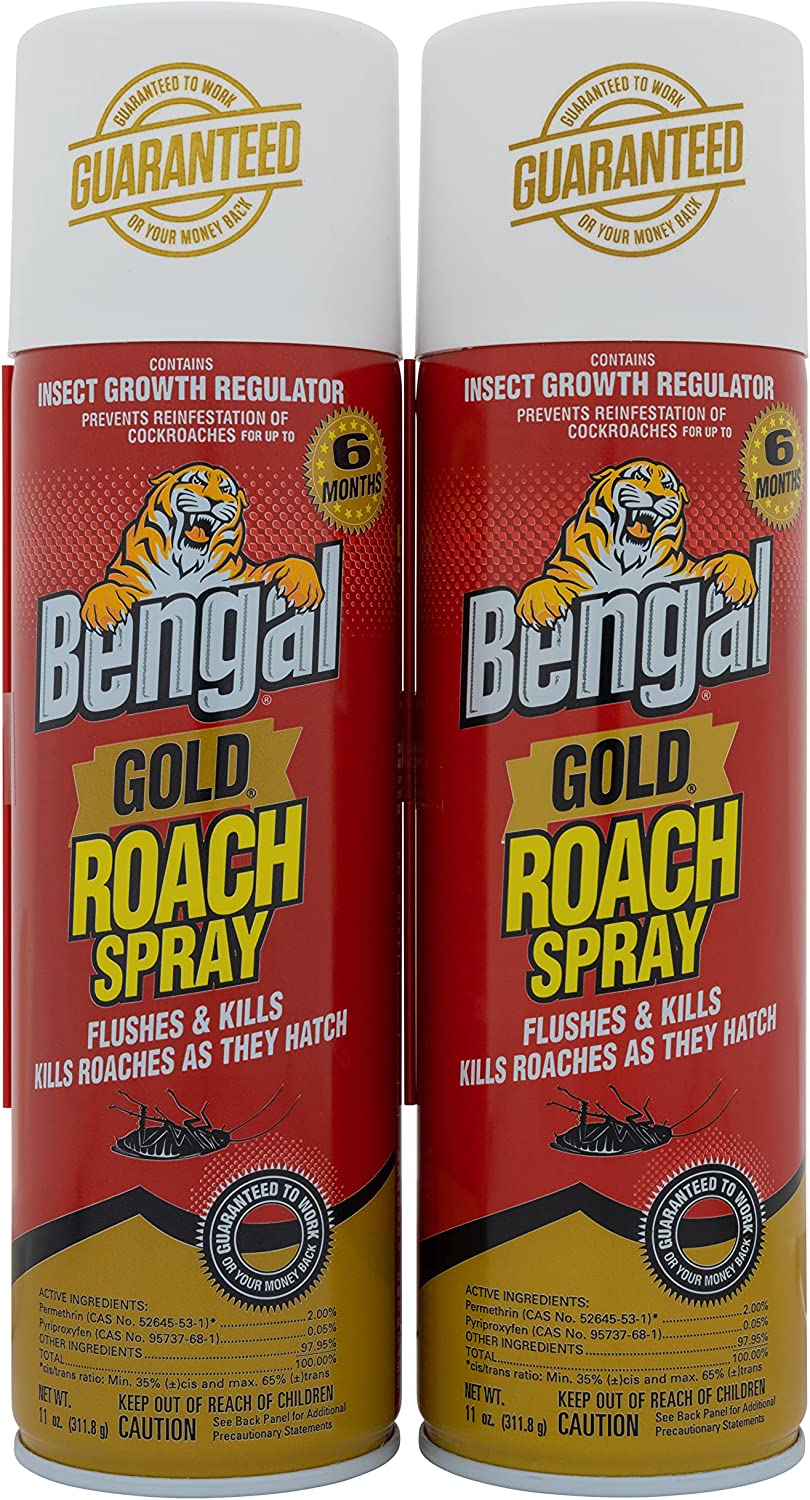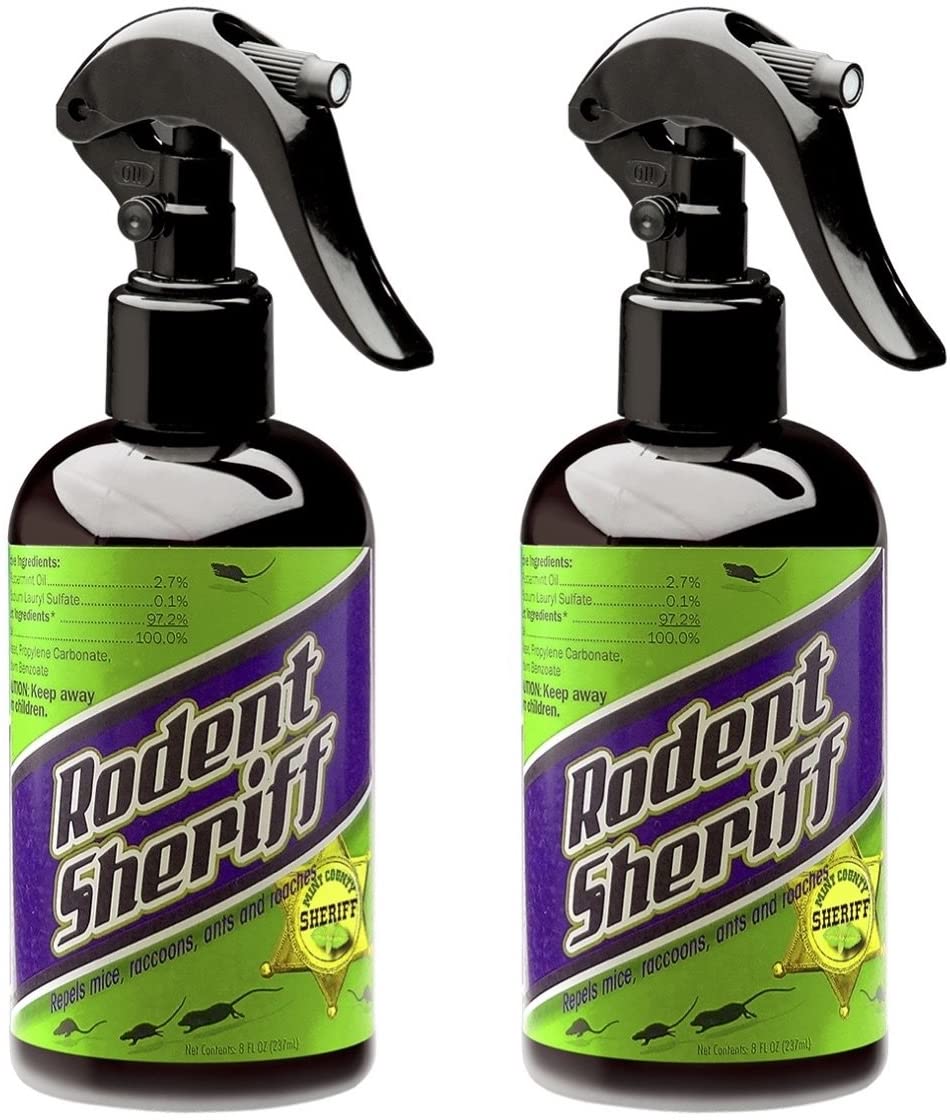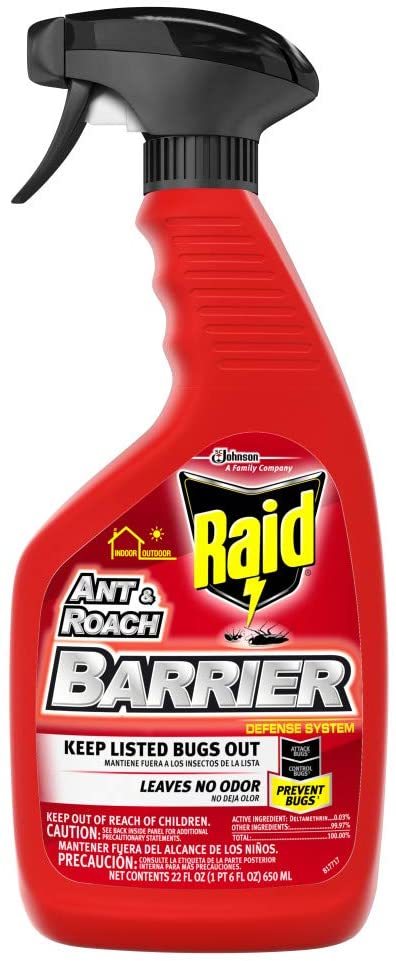Hot Shot HG-96781 Quick Dry Roach Insecticide Spray
Last updated: March 7, 2023
The fast-acting pesticides in this can are a good match for a wide variety of pests. Problems with ants, roaches, spiders and even wasps can be solved with a quick spray. It is suitable for use both indoors and out.
We looked at the top Roach Sprays and dug through the reviews from some of the most popular review sites. Through this analysis, we've determined the best Roach Spray you should buy.
Product Details
Key Takeaway: Whatever the pest, this spray can likely kill it on contact.
In our analysis of 52 expert reviews, the Hot Shot Quick Dry Roach Insecticide Spray placed 6th when we looked at the top 11 products in the category. For the full ranking, see below.From The Manufacturer
Fast knockdown: our formula knocks down in seconds and kills on contact. point. Spray. Dead. Excluding Harvester ants. Kills insects indoors: this product kills ants, cockroaches, spiders, fleas, silverfish, firebrats, crickets, Asian ladybeetles, Carpet beetles, waterbus, Palmetto bugs and stink bugs indoors. Kills insects outdoors: This product kills ants, cockroaches, spiders, fleas, crickets, Asian ladybeetles, stink bugs, Palmetto bugs and waterbus outdoors. Leaves no oily residue: This formula dries quickly without leaving behind an oily, sticky residue. Fresh floral scent: Use Hot Shot ant, roach & spider Killer to kill insects while leaving behind a fresh floral scent.


